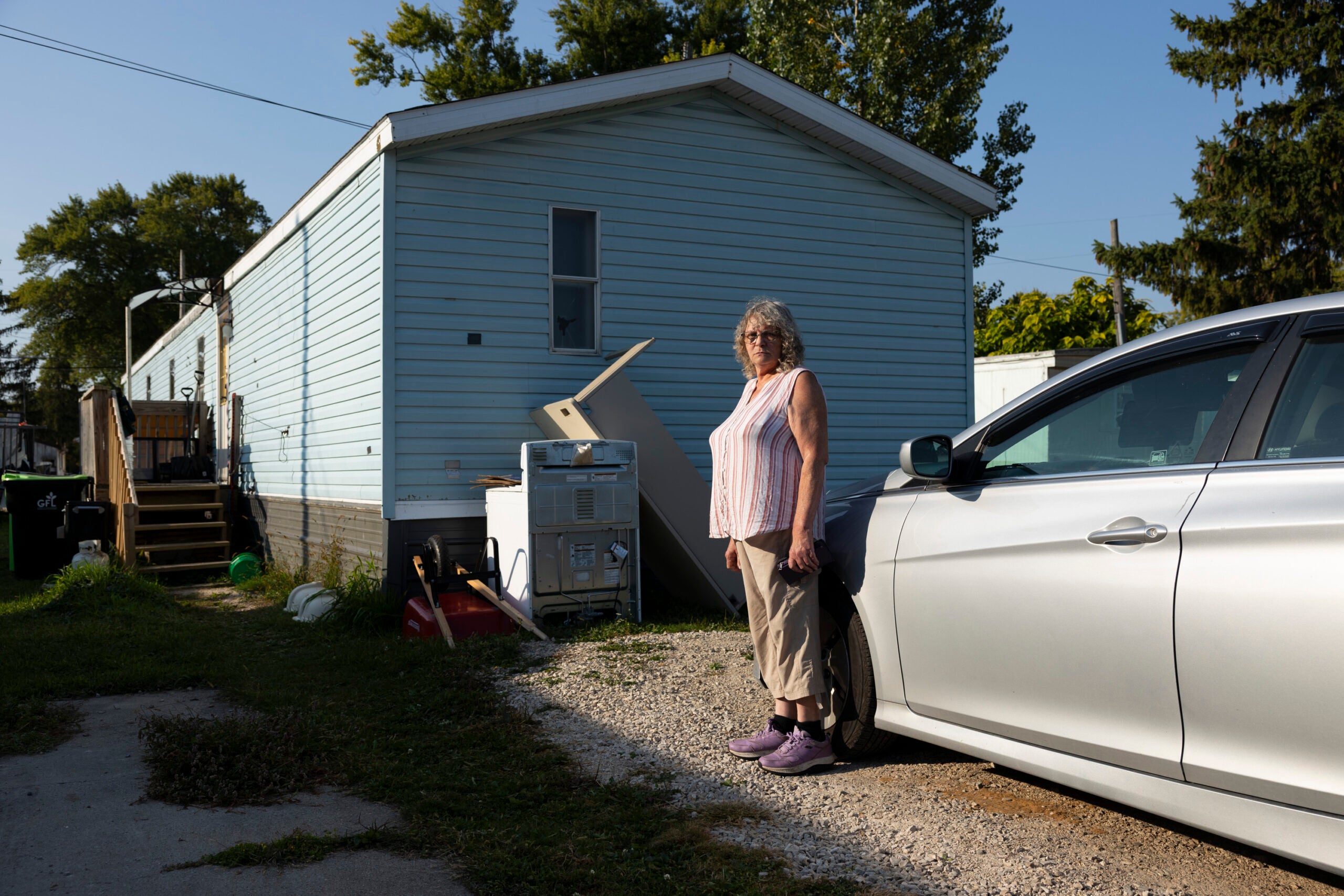Wisconsin consumer protection officials say telemarketing was the most common complaint people made in 2017, and it’s only getting worse.
Telemarketing complaints increased 12 percent in 2017 compared to the previous year, and they are more than just annoyances to those who would rather not be bothered; some telemarketers are actually trying to scam consumers, according to the Wisconsin Department of Agriculture, Trade and Consumer Protection.
“What we are seeing from a number of the complaints is that they’re not really soliciting a good or service. They are trying to obtain your personal information, such as your social security number, actual money, having you wire money, bank account information, drivers license. And they’re also trying to get you to pay for a good that will never be delivered,” said Michelle Reinen, director of DATCP’s Bureau of Consumer Protection.
News with a little more humanity
WPR’s “Wisconsin Today” newsletter keeps you connected to the state you love without feeling overwhelmed. No paywall. No agenda. No corporate filter.
A significant number of the 4,147 telemarketing calls last year asked consumers to lower credit card interest rates and renew extended automotive warranty service contracts.

Screen shot of Wisconsin Department of Agriculture, Trade and Consumer Protection’s Top 10 Consumer Complaints of 2017.
Wisconsin does have a Do Not Call list people can sign up to be on to avoid receiving unwanted sales calls, and registration is permanent. The list can prevent or solve issues with legitimate telemarketers, Reinen said.
Telemarketing has been the No. 1 complaint on DATCP’s Top 10 list since it began 15 years ago.
The second biggest complaint in 2017 was issues involving landlords and tenants. There were 1,141 reported complaints to DATCP in 2017, up from 20 in 2016. Problems included evictions, security deposits that aren’t returned or unauthorized entry by a landlord.
“But they can give 12 hours notice and enter the premises, or if there’s an emergency. So sometimes it’s both parties knowing their rights and the law,” Reinen said.
There were 10,756 complaints reported to DATCP in 2017. Reinen said about 90 percent of complaints are mediated.
DATCP analyzes the complaints to see if any mediation can be done or to see if any laws were broken.
“We analyze that complaint for the laws that in the state. We contact the business about that, point out any issues we have and start the mediation process,” Reinen. “We’ll also take the sum of the complaints and look for patterns and trends. And if need be, we’ll initiate investigations. And we could refer to a district attorney or (state) Department of Justice for further enforcement.”
On the list at No. 4 is identity theft complaints in which a third of the complaints related to tax identity theft. Another third were related to data breach issues, such as the one that occurred at Equifax, one of the country’s largest credit reporting agencies.
The other categories of complaints include:
- telecommunications at No. 3, which involves complaints about cable, phone or internet service providers.
- home improvement at No. 5, which involves complaints about warranties, poor workmanship and improper installation.
- gas pumps at No. 6, which involves complaints about credit card skimmers in pumps and gas pump accuracy.
- medical services at No. 7, which involves complaints about billing disputes and unauthorized charges.
- motor vehicle repair at No. 8, which involves complaints of unauthorized work and charges, and failure to honor warranties or provide services.
- motor vehicle sales at No. 9, which involves complaints of inadequate disclosures and misrepresentations.
- fuel quality at No. 10, which involves complaints expressing concern over the quality of fuel being sold.
Wisconsin Public Radio, © Copyright 2026, Board of Regents of the University of Wisconsin System and Wisconsin Educational Communications Board.




